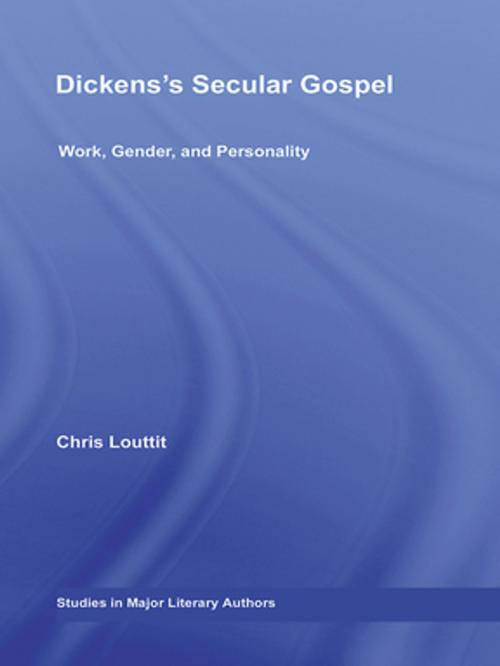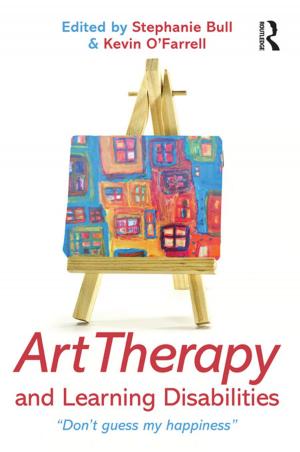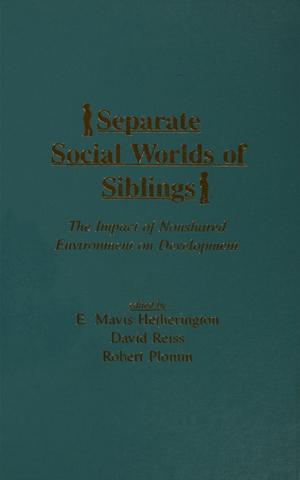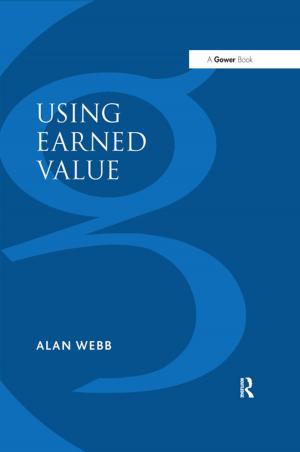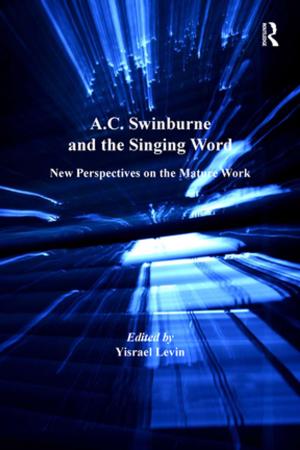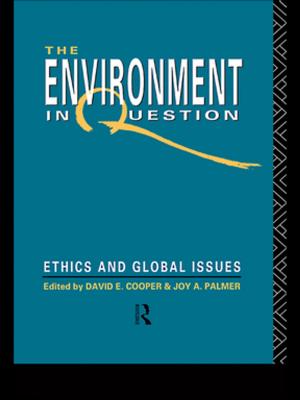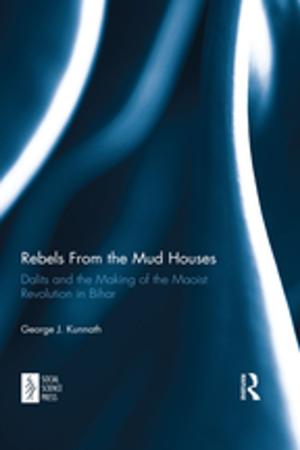Dickens's Secular Gospel
Work, Gender, and Personality
Fiction & Literature, Literary Theory & Criticism, British, Books & Reading| Author: | Chris Louttit | ISBN: | 9781135217501 |
| Publisher: | Taylor and Francis | Publication: | May 7, 2009 |
| Imprint: | Routledge | Language: | English |
| Author: | Chris Louttit |
| ISBN: | 9781135217501 |
| Publisher: | Taylor and Francis |
| Publication: | May 7, 2009 |
| Imprint: | Routledge |
| Language: | English |
The first full-length study on the subject of Dickens and work, this book reshapes our understanding of Dickens by challenging a critical oversimplification: that Dickens's attitude towards work reflects conventional expressions of Victorian earnestness of the sort attributed also to Thomas Carlyle, John Ruskin, and even more simplistically, Samuel Smiles. Instead, by analyzing a wide range of Dickens’s fiction and journalism in the light of new biographical and historical research, Louttit shows that Dickens is not interested in work as an abstract, positive value, or even in cataloguing it in concrete detail. What he explores instead is the human dimension of work: how, in other words, work affects the lives of those engaged in it. His writing about work is, as a result, best viewed not merely as a quasi-religious Gospel of Work, nor as an objective sociological report, but rather as what Louttit terms a "secular gospel."
The first full-length study on the subject of Dickens and work, this book reshapes our understanding of Dickens by challenging a critical oversimplification: that Dickens's attitude towards work reflects conventional expressions of Victorian earnestness of the sort attributed also to Thomas Carlyle, John Ruskin, and even more simplistically, Samuel Smiles. Instead, by analyzing a wide range of Dickens’s fiction and journalism in the light of new biographical and historical research, Louttit shows that Dickens is not interested in work as an abstract, positive value, or even in cataloguing it in concrete detail. What he explores instead is the human dimension of work: how, in other words, work affects the lives of those engaged in it. His writing about work is, as a result, best viewed not merely as a quasi-religious Gospel of Work, nor as an objective sociological report, but rather as what Louttit terms a "secular gospel."
